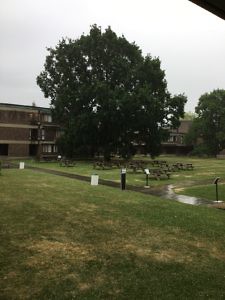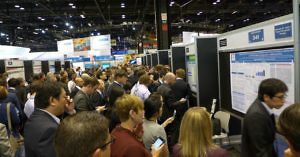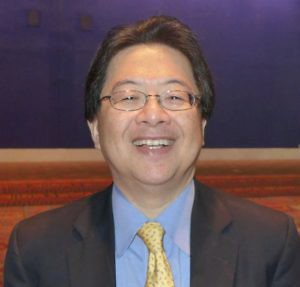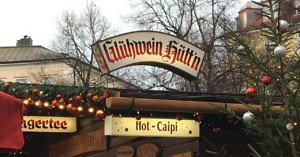Targeting immunosuppression and other stories – are we ready for prime time yet?

View from Stars and Stripes life guard hut on Miami Beach
Our latest article is part Journal Club entry for August, part look back at some data from AACR and ASCO plus a part look at a relatively new target from an obscure biotech that caught my attention recently.
To do this, we pose three critical questions and attempt to answer them.
The targets and markers chosen for review here may well surprise a few people.
If we want to understand how to help more people respond to cancer immunotherapy then we need o understand the underlying biology and the tumour microenvironment in greater depth than we currently do.
Gradually, we are getting more clarity on a few areas as new data is being published…
To learn more from our latest review of data as well as companies and targets to get a heads up on our oncology insights, subscribers can log-in or you can click to gain access to BSB Premium Content.
This content is restricted to subscribers


 Recently there has been a glut of encouraging new research published on the topic of breast cancer that is well worth perusing as a group, since new combination studies may emerge from these kind of data.
Recently there has been a glut of encouraging new research published on the topic of breast cancer that is well worth perusing as a group, since new combination studies may emerge from these kind of data.




 It also heralded a great lineup of cancer researchers largely characterised by unconventional thinking. This, of course, is a good thing because it is only by dismissing dogma that a field can move forward unconstrained.
It also heralded a great lineup of cancer researchers largely characterised by unconventional thinking. This, of course, is a good thing because it is only by dismissing dogma that a field can move forward unconstrained.